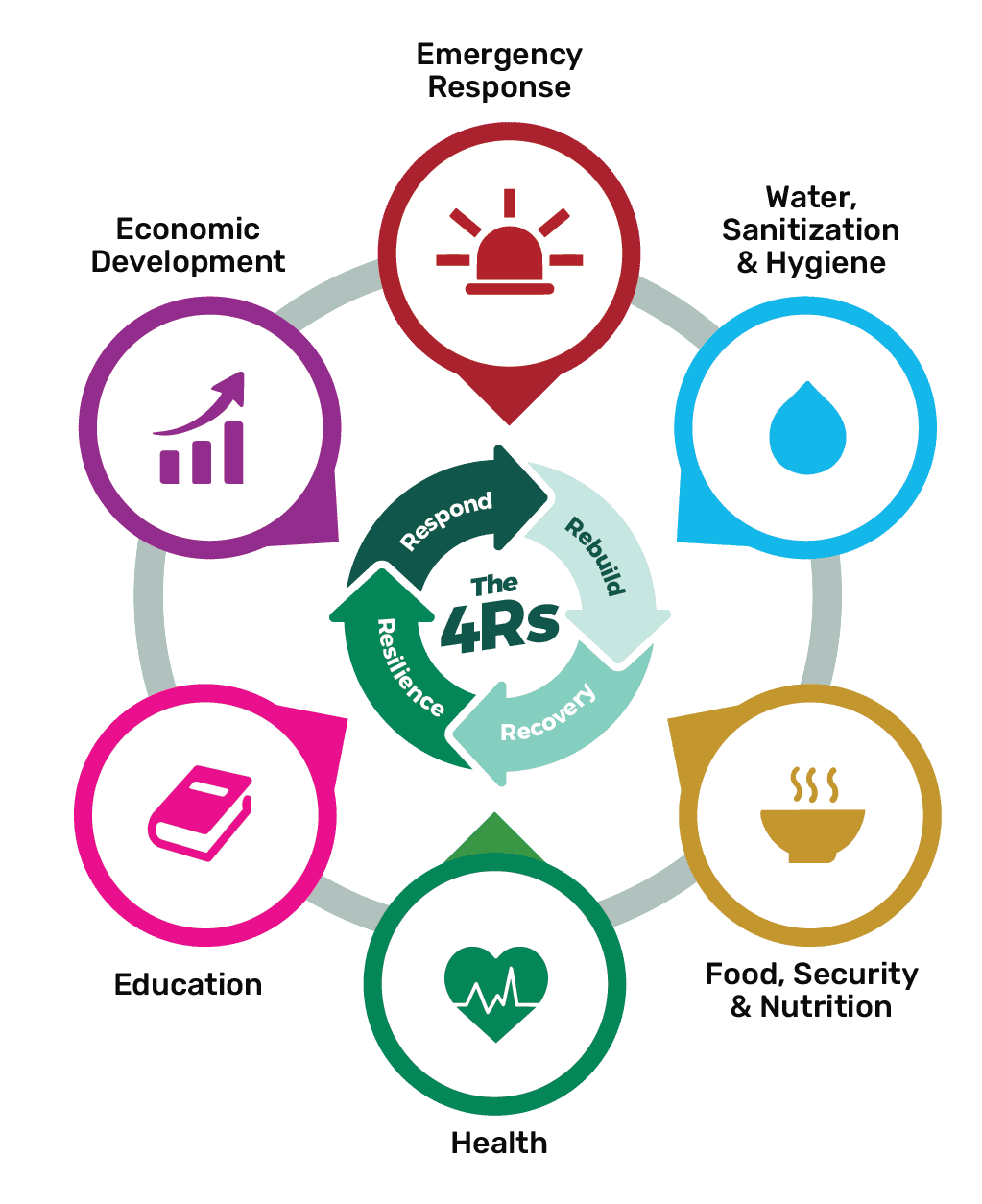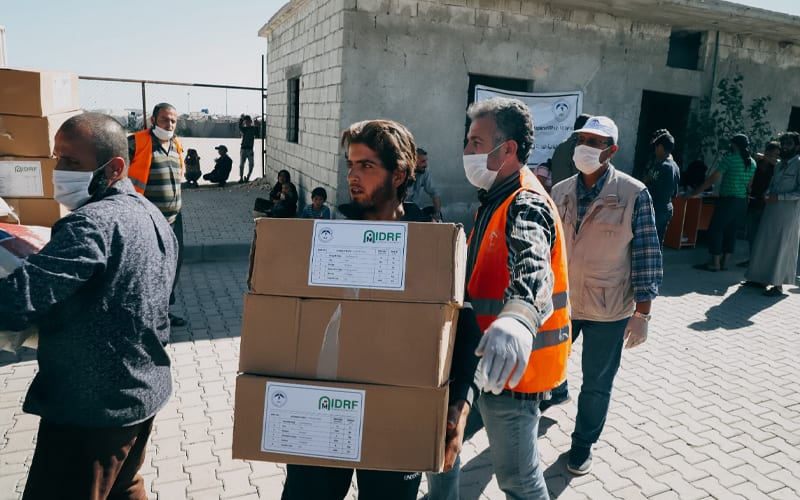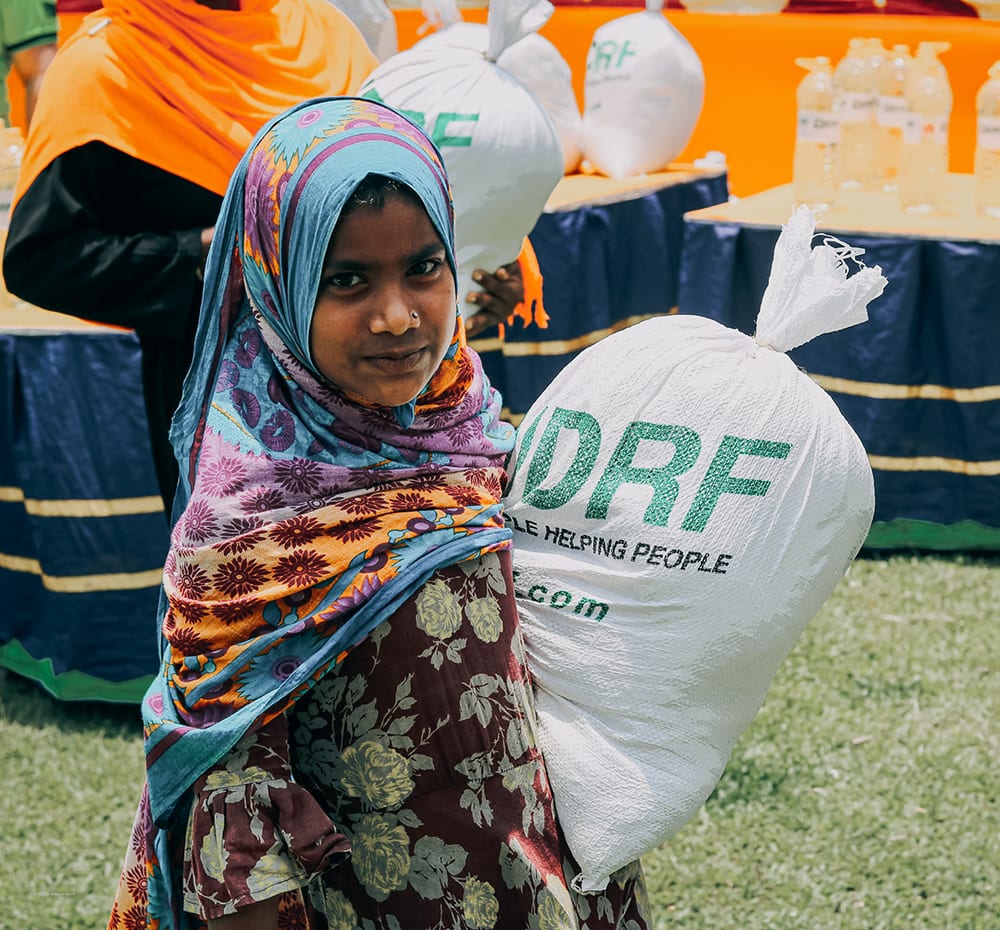Our
Approach
We believe in the power of action. We believe that even when the smallest acts of generosity are done with sincerity and compassion, they can have an impact that ripples into the future, causing great change and igniting hope in the lives of those touched by it.
At IDRF, we know that the typical way of providing aid has evolved, and we’re committed to grown along with it. We believe in the power of collaborative action that puts vulnerable people’s rights in the front and centre of all of our programs.

Relief & Development are One
Relief work is not only crisis management, but it is sustainable development; they go hand in hand. IDRF strives for the balance between relief work and sustainability. It is why we continue to deliver food and water every month, while also building capacity and infrastructure for the growth of self-sufficient and resilient communities.
We focus on addressing people’s vulnerability before, during and after a crisis. IDRF looks for ways to address immediate needs and ensure long-term investments are made to tackle poverty and inequality. It’s about ensuring both relief and development work together to ensure vulnerable people’s rights are at the centre, and a localized approach is achieved throughout our programs.


Since 1984, IDRF has implemented relief and development projects around the world in Asia, Africa, the Americas, Europe, and the Middle East.

Our Localized Approach
At IDRF, we are committed to having a direct, local presence in all of our work. Thus, we work with local partners to ensure our programs:
-
take into account local interests and priorities
-
help the local economy by employing locals as well as sourcing resources from local businesses
-
facilitate long term growth for the communities
-
depend on the experience and knowledge of people on the ground, closest and most familiar with the situation and those affected
-
build trust and rapport with beneficiaries
-
respect the autonomy of the people
-
respect differences (including religion, culture, socio-economic and political differences)
-
give vulnerable populations equal access to support services.
